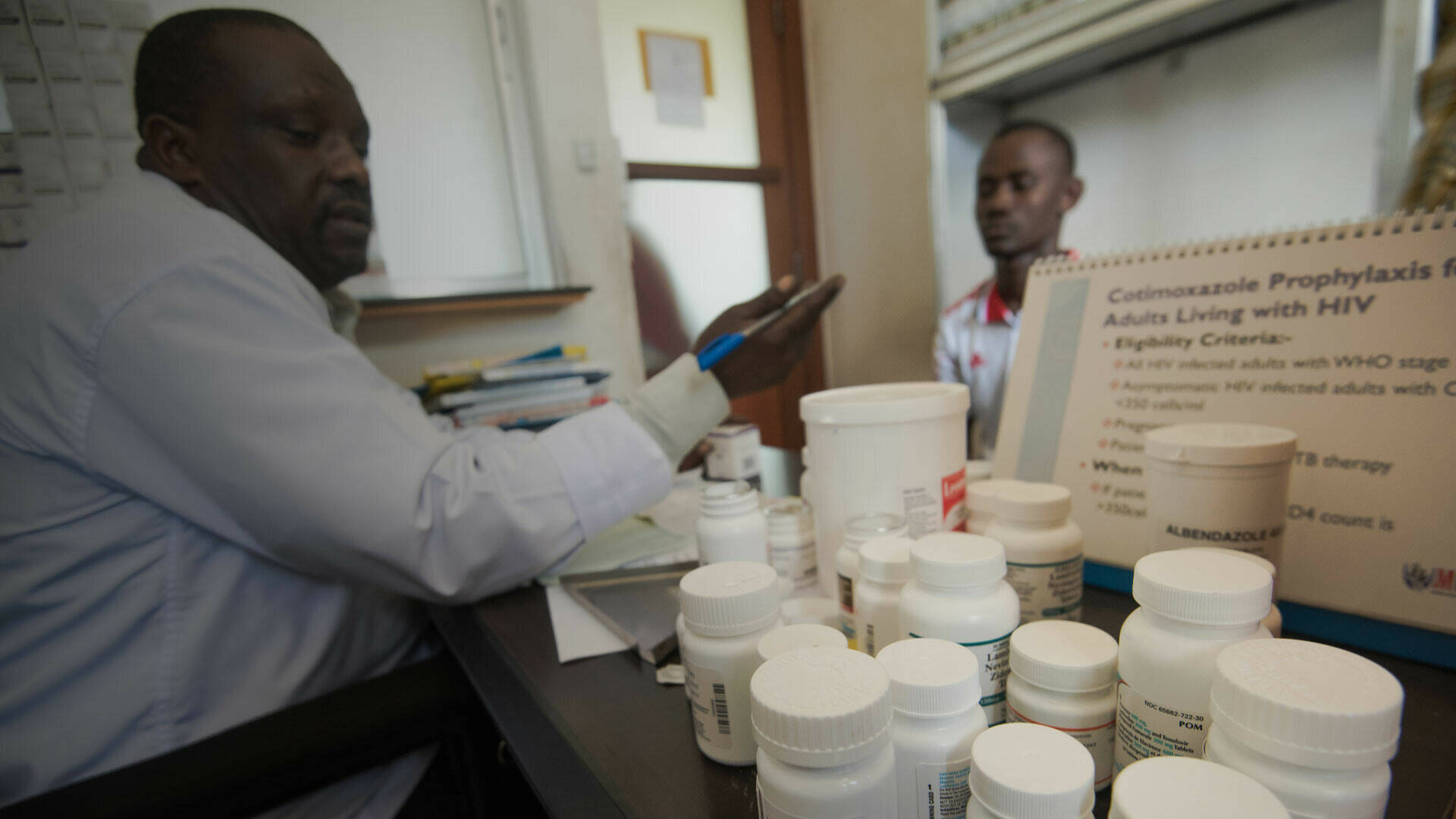

MobEBO-DRC
Coordinator: Ousmane FAYE, Institut Pasteur de Dakar, Sénégal
Other beneficiaries:
- University of Stirling, United Kingdom
- Georg-August-Universitat Gottingen Stiftung Offentlichen Rechts (UGOE), Germany
- Institut National de Recherche Biomédicale (INRB), DRC
- Université Laval, Canada
- Institut Pasteur, France
Rapid diagnosis of Ebola infection is essential for effective control. However, standard methods of diagnosis require laboratory facilities, and even field-based tent laboratories take time to generate results and are not truly mobile. To speed diagnosis, the MobEBO-DRC project enabled teams in the Democratic Republic of the Congo to use a mobile ‘laboratory in a suitcase’ successfully deployed in Guinea in the 2014–16 West Africa Ebola outbreak. It provides the tools for safe on-site extraction of DNA and molecular identification of Ebola virus. It delivered the first on-site detection of Ebola virus in Guinea, and proved able to diagnose infections in less than an hour.
The MobEBO-DRC project ensured that the DRC can benefit from a proven mobile diagnostic technology. It has brought together the existing development team with the leading Ebola research group in the DRC, strengthening the group’s capacity to respond to outbreaks. A wide international network has also been established to explore use of point-of-care tests. Ultimately, rapid and accurate detection of Ebola infections is an essential tool in the swift control of potential outbreaks.
After the validation in Ebola, the same suitcase lab was used in the COVID-19 pandemic
scroll down

scroll down
MobEBO-DRC

Rapid diagnosis of Ebola infection is essential for effective control. However, standard methods of diagnosis require laboratory facilities, and even field-based tent laboratories take time to generate results and are not truly mobile. To speed diagnosis, the MobEBO-DRC project enabled teams in the Democratic Republic of the Congo to use a mobile ‘laboratory in a suitcase’ successfully deployed in Guinea in the 2014–16 West Africa Ebola outbreak. It provides the tools for safe on-site extraction of DNA and molecular identification of Ebola virus. It delivered the first on-site detection of Ebola virus in Guinea, and proved able to diagnose infections in less than an hour.
The MobEBO-DRC project ensured that the DRC can benefit from a proven mobile diagnostic technology. It has brought together the existing development team with the leading Ebola research group in the DRC, strengthening the group’s capacity to respond to outbreaks. A wide international network has also been established to explore use of point-of-care tests. Ultimately, rapid and accurate detection of Ebola infections is an essential tool in the swift control of potential outbreaks.
After the validation in Ebola, the same suitcase lab was used in the COVID-19 pandemic
Coordinator: Ousmane FAYE, Institut Pasteur de Dakar, Sénégal
Other beneficiaries:
- University of Stirling, United Kingdom
- Georg-August-Universitat Gottingen Stiftung Offentlichen Rechts (UGOE), Germany
- Institut National de Recherche Biomédicale (INRB), DRC
- Université Laval, Canada
- Institut Pasteur, France
